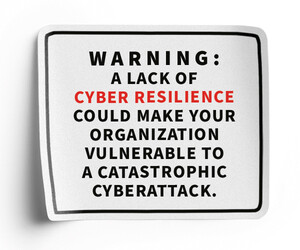Finally, an audit helps ensure a university is getting maximum value out of its firewall investment. Firewall vendors are constantly releasing new features, “but you need to make sure that those rules are configured correctly, that your firewall is configured correctly, to utilize those new capabilities,” Rose says.
Common Gaps Revealed During a Firewall Audit/Assessment
A firewall audit will likely surface gaps in a university’s defenses. In reviewing configurations, “the No. 1 thing we find are rules that are sitting in there that have never been used or that haven’t been used in years,” Rose says.
“It’s going to find rules that are redundant,” he says, or it may spot rules that likely to cause risk, such as “opening up a specific port for a specific application that’s no longer used.”
Fadhil also points to “overly permissive rules” as the mostly likely finding in a firewall audit report. “I like to call it an ‘any-any policy,’” he says. “Anyone can have access to anything. Any employee, as long as they worked for this department at some point, can have access to any resource that that department has access to.”
The audit also may identify “ghost rules,” outdated policies that are no longer relevant and can create vulnerabilities. It may spot places where misconfigurations generate risk, and it can also detect “a lack of application layer control, where you are allowing traffic by port instead of by actual application identity,” Fadhil says.
RELATED: Effective artificial intelligence requires effective data governance.
The Role of Trusted Partners in Performing Firewall Health Checks
Colleges and universities need trusted partners to conduct effective firewall audits. A partner will have access to comprehensive technical and lifecycle services and vendor resources, along with the ability to architect, implement and support complex network environments.
A partner can extend the capabilities of thinly stretched IT organizations. In higher education, “institutions can reduce human resource needs by working with third parties” in support of effective firewall use, EDUCAUSE reports.
That’s a big benefit. “Security teams in higher education are often very lean. When you work with a trusted partner, you’re getting a force multiplier,” Fadhil says.
As a college or university IT leader, “you’re wearing a thousand hats,” he says. “You’re worried if you’re doing everything right, you’re probably overworked, and you’re responsible for something this huge and this important. When you can get industry to help you out, the impact is huge.”












